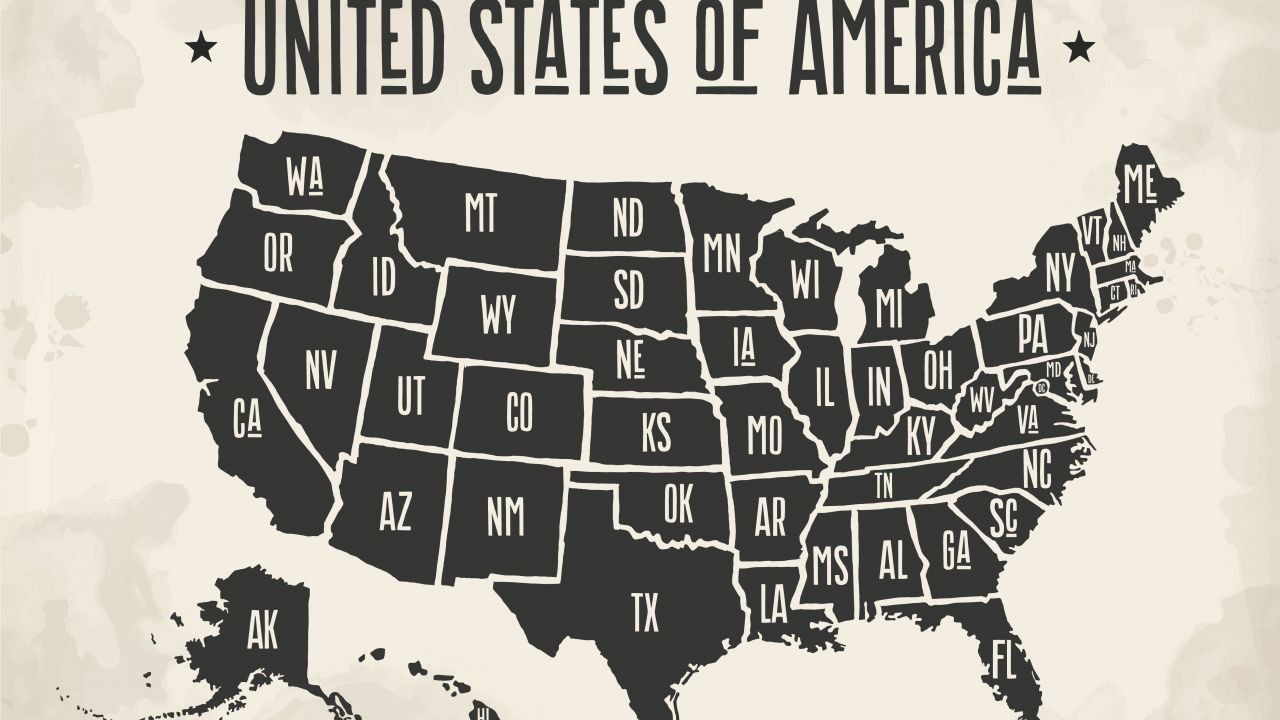If you have ever taken a good look on your Property policy, you might have noticed “Ordinance or Law” coverage. This may seem to you like yet another coverage that you felt suckered into paying but it is truly an extremely important coverage for property owners, especially in our state of Florida.
Ordinance or Law coverage is an additional coverage that is typically included in all Homeowners policies and can be on Commercial Property. Ordinance or Law coverage comes into assist in paying for demolition costs and/or increased construction costs as a result of newer building code enforcement or ordinances when repairing or replacing your dwelling after a covered insurance loss.
In commercial policies there are 3 coverage parts of Ordinance or Law coverage that are seperared and written under 3 different coverage letters and limits:
A: Loss to the Undamaged Portion of the Building
B: Demolition Costs to the Undamaged Portion of the Building
C: Increased Cost of Construction
However, personal policies like homeowners will typically lump these together in one limit. This limit will be shown on you declarations page as a percentage of the dwelling limit. You will note in your policy Additional Coverages section that a standard Homeowners policy states that it covers, “the increased costs you incur due to the enforcement of any ordinance or law which requires or regulates,” the following: Construction, demolition, remodeling, renovation, or repair of a building covered under Coverage A (Dwelling) Demolition and reconstruction of the undamaged part of the building covered under Coverage A (Dwelling) Remodeling, removal, or replacement of the portion of the undamaged part of a building covered under Coverage A (Dwelling).
A standard Homeowners policy provides an additional 10% of the Coverage A or Dwelling limit for Ordinance or Law costs but Florida is yet again a little different. The Florida legislature passed a mandate stating that Ordinance or Law coverage of at least 25%. Florida admitted Homeowners policies are required to offer both 25% and 50% Ordinance or Law options. The only way that the insured can select a percentage of less than 25% is by written request. If no selection is made then 25% coverage is assumed on the policy.
Ordinance or Law coverage is one of the most necessary, but hardly known and understood insurance coverages. Building codes are constantly changing in Florida and the required materials and labor necessary are also on the rise. Properties that were even built a few sometimes see ordinances or laws has passed which may now make it more expensive to rebuild your home. It’s extremely important to both know and understand the amount of Ordinance or Law coverage your policy provides, and how it can be used if your home is damaged by a covered loss. Call your Waldorff Insurance & Bonding account executive today and ask about your Ordinance or Law Coverage.










